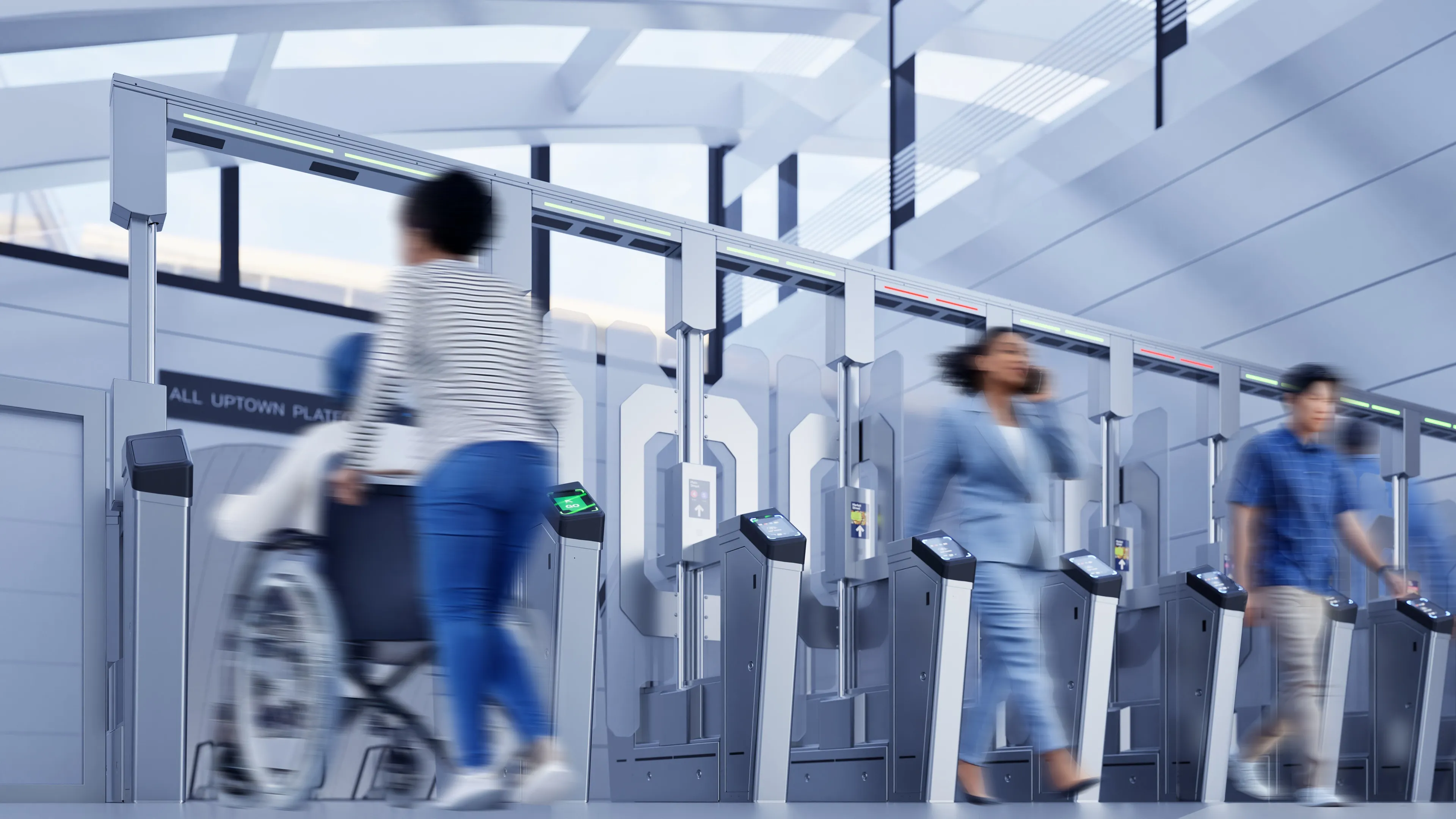Panasonic Corporation has developed technology for detecting and predicting a person’s level of drowsiness prior to driving.
This technology, which helps prevent drowsy driving, detects a driver’s shallow drowsiness at the initial state by using an in-vehicle camera to capture indicators such as blinking features and facial expressions and processing these signals using artificial intelligence.
Using this data, Panasonic’s technology predicts transitions in the driver’s drowsiness level. The technology al
November 28, 2017
Read time: 1 min
This technology, which helps prevent drowsy driving, detects a driver’s shallow drowsiness at the initial state by using an in-vehicle camera to capture indicators such as blinking features and facial expressions and processing these signals using artificial intelligence.
Using this data, Panasonic’s technology predicts transitions in the driver’s drowsiness level. The technology also combines thermal sensation monitoring function, which is said to allow the driver to stay comfortably awake while driving.







